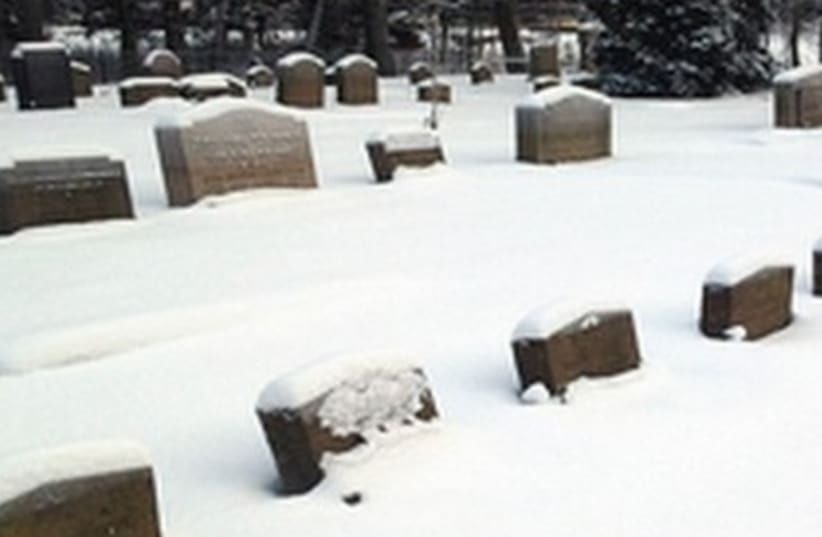RELATED:ZAKA Wristbands locate lost children after Lag Ba'Omer Upon hearing of the mother’s intentions, Aaron’s father Moshe Tabachnik, who is divorced from the mother, flew to Florida and contacted ZAKA founder and chairperson Yehuda Meshi-Zahav. Meshi-Zahav worked with the family to ensure a proper Jewish burial.Cremation is prohibited by Jewish law.ZAKA has a legal department, which Lydia Weitzman, a spokeswoman for the organization, says deals specifically with overseas cases like this.“Any instance of unnatural death in Israel is dealt with by the ZAKA organization,” says Weitzman. But ZAKA also handles cases that, like this one, take place outside Israel, and over the organization’s 16-year existence, Weitzman says, ZAKA has become involved in cases involving Israelis and Jews worldwide.“We help bereaved families cut through the bureaucratic red tape,” said Weitzman.Now that the restraining order against cremation has been issued, the situation has been put on hold until the family can reach an agreement on how to lay Tabachnik’s body to rest.Weitzman went on to explain that ZAKA handled a similar case earlier this month when an Israeli man was murdered in the Philippines, and his son chose to have his body cremated. ZAKA intervened, offering to pay for transport back to Israel so the body could be buried. The man was ultimately returned to Israel and given a proper Jewish burial, though the son opted to pay the travel expense himself.ZAKA has intervened in such cases “many, many times before,” says Weitzman. The organization works to ensure that bodies are returned to their families for “a proper Jewish burial,” explained the spokeswoman, though that burial need not necessarily take place in Israel.Ultimately, says Weitzman, the goal of ZAKA is to provide closure for families like Aaron Tabachnik’s.
ZAKA files US restraining order over cremation of Israeli
Mother's choice for cremation of Jewish Israeli teen who committed suicide was against Jewish law.

RELATED:ZAKA Wristbands locate lost children after Lag Ba'Omer Upon hearing of the mother’s intentions, Aaron’s father Moshe Tabachnik, who is divorced from the mother, flew to Florida and contacted ZAKA founder and chairperson Yehuda Meshi-Zahav. Meshi-Zahav worked with the family to ensure a proper Jewish burial.Cremation is prohibited by Jewish law.ZAKA has a legal department, which Lydia Weitzman, a spokeswoman for the organization, says deals specifically with overseas cases like this.“Any instance of unnatural death in Israel is dealt with by the ZAKA organization,” says Weitzman. But ZAKA also handles cases that, like this one, take place outside Israel, and over the organization’s 16-year existence, Weitzman says, ZAKA has become involved in cases involving Israelis and Jews worldwide.“We help bereaved families cut through the bureaucratic red tape,” said Weitzman.Now that the restraining order against cremation has been issued, the situation has been put on hold until the family can reach an agreement on how to lay Tabachnik’s body to rest.Weitzman went on to explain that ZAKA handled a similar case earlier this month when an Israeli man was murdered in the Philippines, and his son chose to have his body cremated. ZAKA intervened, offering to pay for transport back to Israel so the body could be buried. The man was ultimately returned to Israel and given a proper Jewish burial, though the son opted to pay the travel expense himself.ZAKA has intervened in such cases “many, many times before,” says Weitzman. The organization works to ensure that bodies are returned to their families for “a proper Jewish burial,” explained the spokeswoman, though that burial need not necessarily take place in Israel.Ultimately, says Weitzman, the goal of ZAKA is to provide closure for families like Aaron Tabachnik’s.